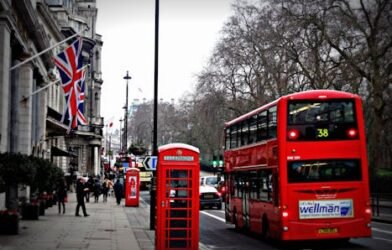Subtotal $0.00
Email :65

London’s public transport system is one of the busiest and most different in the world, and at the heart of it are the machine motorists who insure the diurnal commute of thousands of passengers. still, despite their central part in keeping the megacity moving, London machine motorists face adding situations of abuse and discourteousness from passengers. The issue has come a growing concern, yet Transport for London( TFL), the governing body of London’s machine system, has been blamed for not addressing the problem adequately.

This composition explores the challenges faced by London Bus Drivers in the face of rude and aggressive passengers, the reasons why TFL has failed to attack the issue, and how the current system leaves machine motorists feeling helpless.






